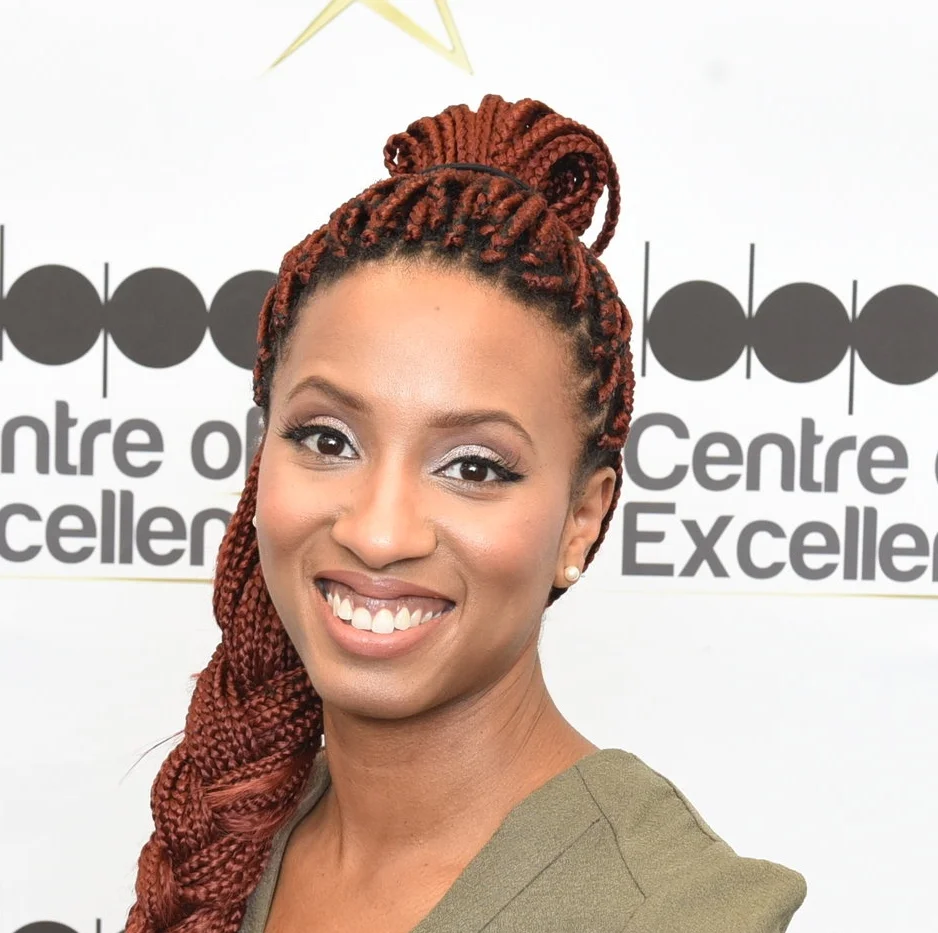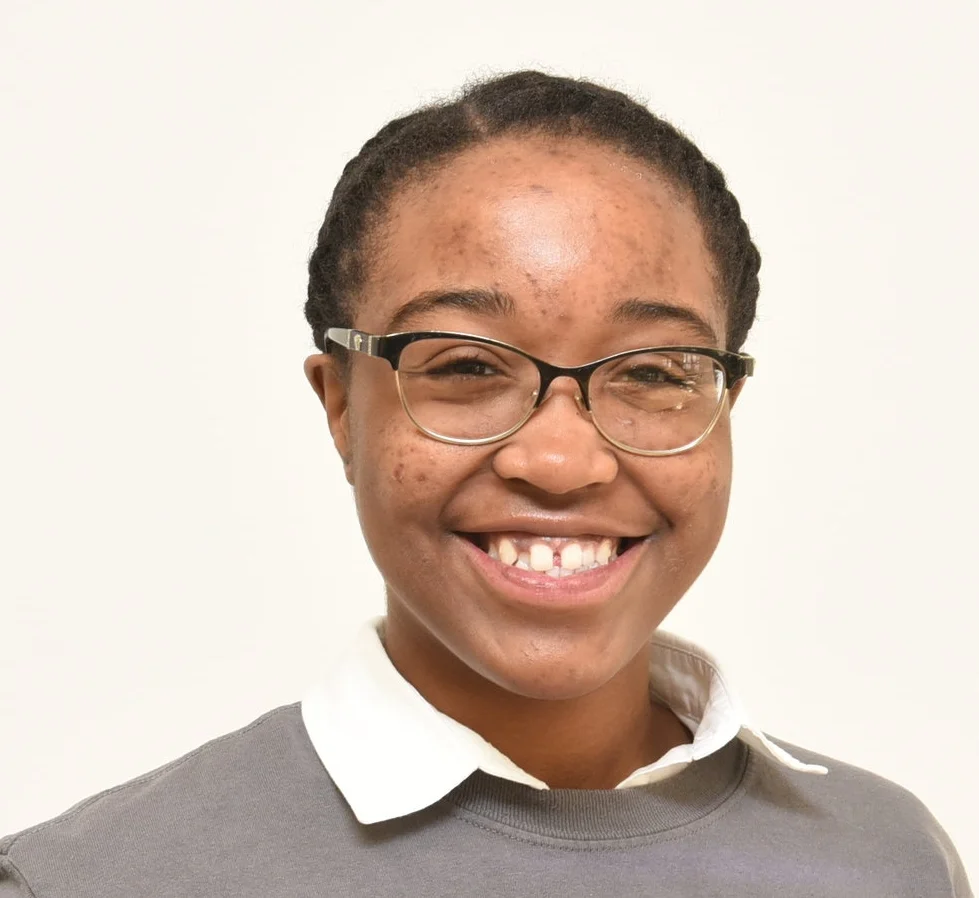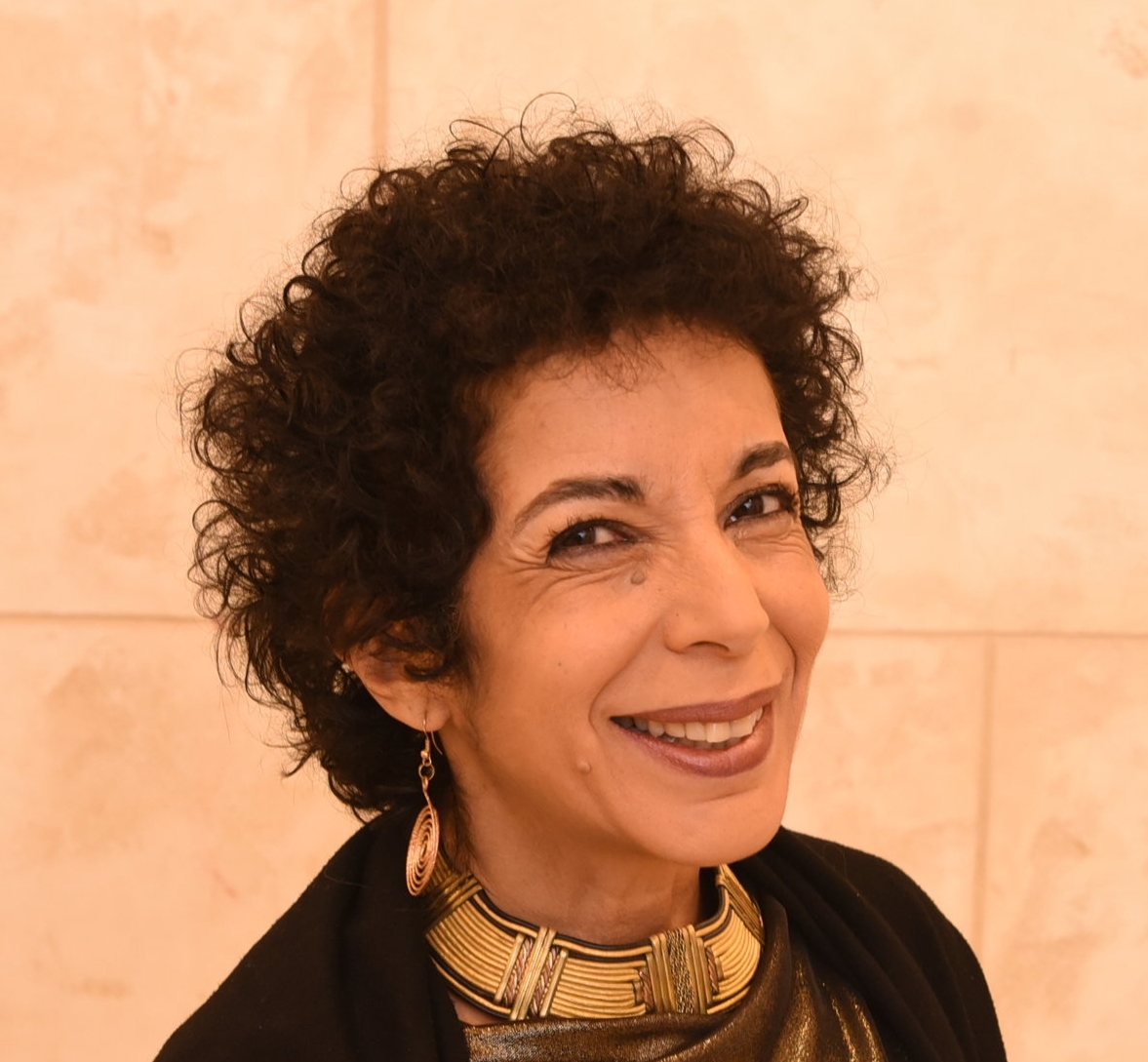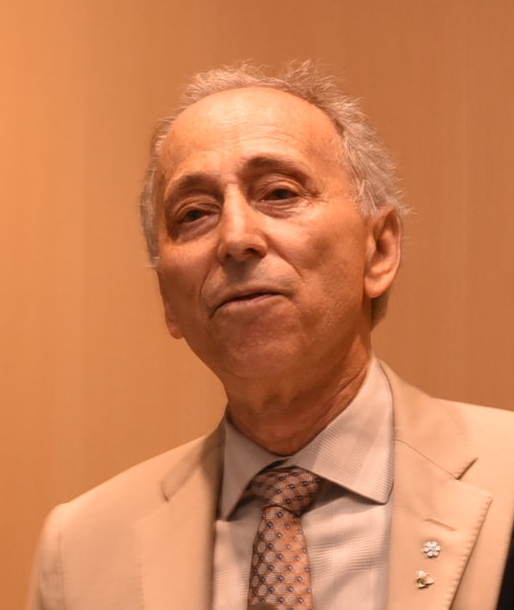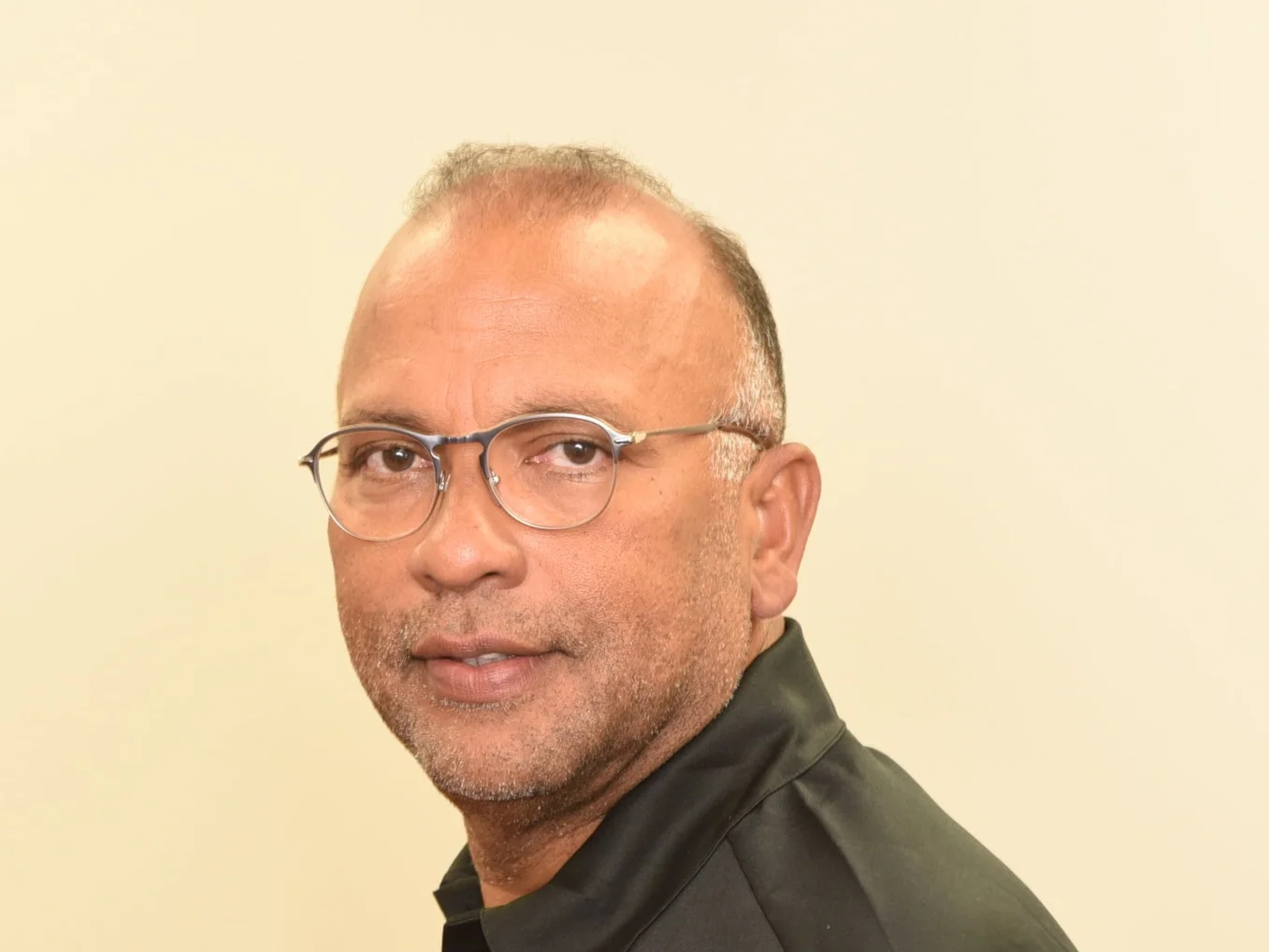Effort to help autistic brother turns into successful company
March 29, 2018
New York City’s Times Square is considered one of the world’s busiest pedestrian areas and most visited tourist attractions.
The brightly illuminated digital screens and billboards are a hallmark of the landmark crossing.
Imagine Nadia Hamilton’s surprise when she learnt that her company’s flagship product, MagnusCards, was on display recently at the prime location.
The 30-year-old Toronto entrepreneur founded Magnusmode that creates products and services that connect, engage and enable people with autism, Down syndrome and other cognitive special needs to lead independent and inclusive lives.
The company’s web and mobile apps use digital guides, called Card Decks, and users to follow instructions from Magnus, the app’s interactive character.
Colgate Palmolive, one of Magnusmode’s 25 North American clients, placed the advertisement in the highly coveted intersection.
With autism being the fastest growing cognitive need in the United States, Colgate entered into an agreement with the Canadian firm last October to support the easy-to-use tool that empowers users to shape good habits and build a future they can smile about.
Inspired by younger brother Troy Hamilton who is autistic, his sister leads the start-up which developed the app that provides illustrated cards for autism sufferers.
“The reason I started the company is because of a significant problem,” said Hamilton who will be honoured with a Harry Jerome Award next month. “When people with autism like Troy graduate from high school, there is no support or structure to help them continue living independently in the real world. This means that they spend the rest of their lives on the couch. They are bored, they are dependent on their caregivers and they are very isolated. I could see the disappointment in my brother’s eyes after he graduated from high school at age 21 and there seemed nothing meaningful left for him to do. There is a long waiting list to get into existing programs or they may be something that he’s not interested in. He doesn’t want to be segregated and placed on the sideline as an observer.”
While growing up, Hamilton drew step-by-step instructions to assist her brother.
“I used to draw on the walls at home, but my parents didn’t like that,” she said. “So I started doing it on paper and the drawings would walk Troy through scenarios. For something like brushing his teeth, the first step would be to get his toothbrush. Step two would entail him putting paste on the toothbrush. It was a step-by-step visual guide for everyday living around the home.”
Hamilton graduated from the University of Toronto in 2010 with honours in political science and history.
“With my brother still struggling when I completed my undergraduate degree and was looking for something to do with the rest of my life, I asked myself if there’s a way to leverage what has helped Troy growing up, combine it with technology which everybody has and is easy to use and create a tool that can provide that life skills guidance out in the real world,” she said. “That’s where the idea for MagnusCards came from.”
Each card deck uses pictures and text to provide detailed instructions for various social interactions, situations, behaviours and activities like grocery shopping, banking or tooth brushing.
Corporations pay for the development of the digital cards that people with special needs can use when visiting their business place or using their products.
In June 2016, CIBC teamed up with MagnusCards to help produce free step-by-step visual guides that assist individuals with special needs to do their own banking. The card app breaks down financial tasks into small and manageable steps, using visual ‘how-to’s’ or digital flash cards to guide its users through a variety of activities.
The Royal Ontario Museum (ROM) was the first museum in the world to create MagnusCards. There is a deck that guides and prepares visitors on what to expect when entering the museum while a second one is an educational scavenger hunt through the ROM’s James and Louise Temerty Galleries of the Age of Dinosaurs.
“This program reinforces the ROM’s commitment to exceeding visitor expectations and opening up new ways for people to experience all the museum has to offer,” ROM director Josh Basseches said after the launch two years ago. “Through extensive research, planning and collaboration with Magnusmode and Autism Ontario, the ROM has taken a leadership role in enhancing how museums welcome people of all abilities into their community.”
Last October, Toronto Pearson became the first airport to collaborate with MagnusCards. The introductory set of 10 card decks offers a personal guide for passengers who might find the busy airport environment uncomfortable. It provides users and their caregivers with an opportunity to learn how to navigate community environments with greater ease and independence.
“We are responding to our passengers who are looking for ways to efficiently navigate Toronto Pearson while travelling with family members with cognitive special needs,” said Scott Collier, the Greater Toronto Airports Authority vice-president for customer and terminal services.
Magnusmode is a combination of ‘magnus’, which means great in Latin and ‘mode’ which is way of doing things.
“Put the two words together and you have a great way of doing things,” said Hamilton whose grandfather, Cecil Moore, represented Guyana in weightlifting at the 1952 Helsinki Olympic Games.
The cards feature Magnus who is a magician outfitted in a red and white striped hat. Users help him live without magic and earn points as they practice activities.
“I drew 20 hats, shirts and pants and Troy chose which one he wanted to make this character,” said Hamilton who started Magnusmode with the $25,000 she won in 2011 from the Centre for Social Innovation for her project to improve the lives of adults with autism. “My brother tests every new card deck. He does the quality assurance and is very involved in the company.”
Each deck has 10 cards. There are over 500 card decks on the platform created by users and corporations.
“Many users creating new cards are leaning to guides for taking medication,” Hamilton, who was a program support for Autism Ontario and Aloha Toronto, pointed out. “What we are doing is creating a community around life skills learning and support for people with special needs. There are people around the world creating card decks in different languages. Sometimes, they choose to share them and make them public.”
Hamilton estimates there are close to 70,000 users around the world, mainly in North America.
“There is interest in Europe in terms of developing their own branded card decks for their services,” she said. “We should have an announcement soon.”
When Hamilton graduated from Notre Dame High School, owning and running a business wasn’t on her radar.
“I thought I would become a police officer because I have a few family members who are in law enforcement and the legal profession,” she said.
In a nine month period up until May 2011, Hamilton volunteered as a digital media assistant with Toronto Police Service.
“That was a very positive experience,” she said. “I am very civic-minded. When there is an opportunity to engage with people and help the community, I am always there.”
With Magnusmode growing exponentially, the sky is the limit for Hamilton.
“We are building a global company,” she added. “I want to be able to positively change and impact millions of lives and show the world that when you get diagnosed with autism, it doesn’t mean that you are relegated to a lifetime of subsistence. It should be a lifetime of excellence. I think we could become the ‘Disney’ of the accessibility world.”
The company has 15 full and part-time employees, ranging from product developers and customer experience associates to illustrators and sales & marketing personnel.
Magnusmode is based out of Waterloo’s Accelerator Centre that provides entrepreneurs and new companies with access to coaching, mentoring, professional management advice and services, such as accounting, IP management, high-speed internet access and vital business networks.

